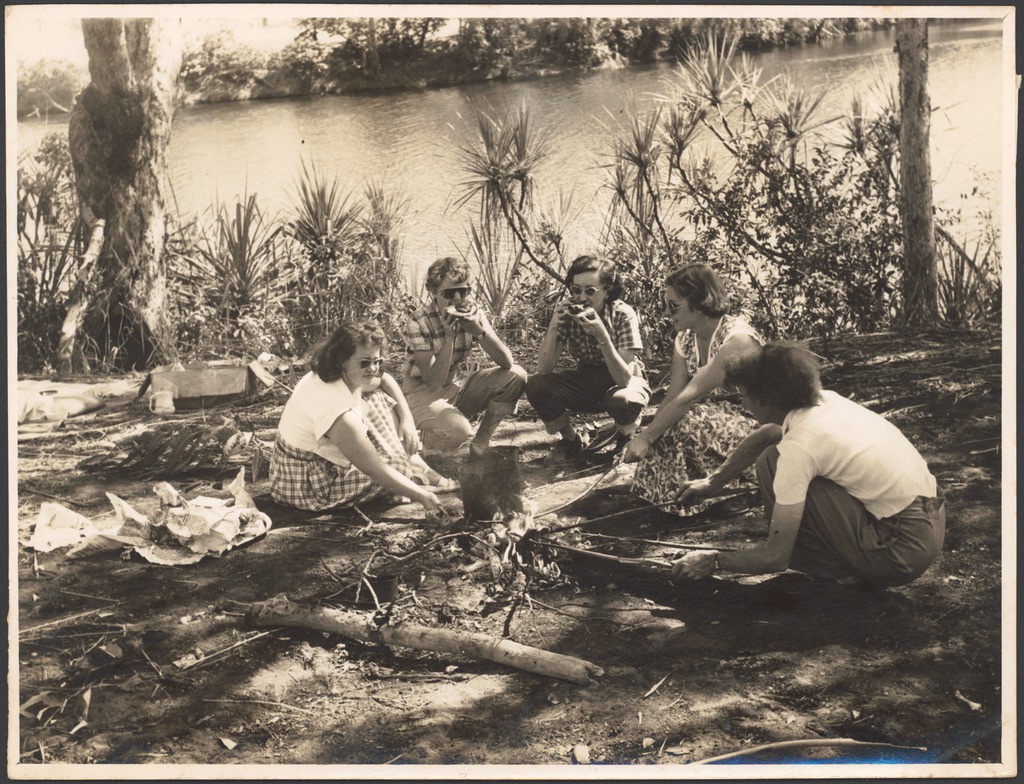So many principles, so little time. Today, I want to tackle the 90/10 principle (10% is the unexpected good or bad, 90% is what you choose) in relation to our life and career.
For many years I was told by mentors and colleagues that the 90/10 rule was important. In the early years, I didn’t want to have the responsibility for 90% of my life. It seemed so permanent to face the consequences of my choices. And I certainly didn’t like the idea of the 10%. Who wants to be at the mercy of the unexpected?
It was about 10 years ago that I really became conscious of the principle. So much so that it now is a part of my culture. I use the term conscious because unconscious living leads to incongruent values (I say exercise is important, but I never do it) or plain old hypocrisy. No judgment here, but you need to be awake.
Here’s how to embrace the 90/10 rule:
- You must embrace because the 90/10 rule embraces you. Like it or not.
- When you embrace, your emotional intelligence goes way up. All of sudden you think before you act.
- You must tame the beast inside. Call it misplaced ambition, preoccupation with the opinions of others or greed. When you realize that 90% of life is what you choose, you’ll think twice about walking all over people.
- You’ll begin to think about your foundation. Is it sand or stone? When the unexpected comes what will keep you anchored?
- Embracing the rule will simplify things. It won’t make life easy, but it will make you decide what’s most important in career and life.
- You’ll make the breakthrough to realizing that no one/organization can make you happy. Happiness is a choice (there’s that 90% again) and only you can make this one.
- You’ll stop being afraid of your destiny and get on with the mission.
- The Oscar for best motion picture should be your life.
Reach out to me if you need help or more direction.













